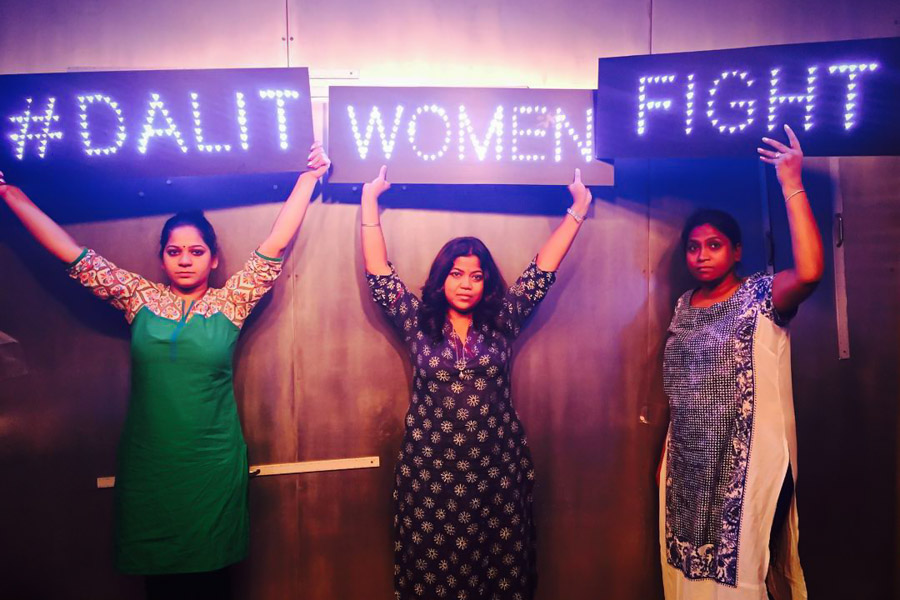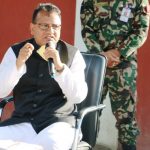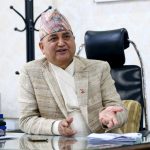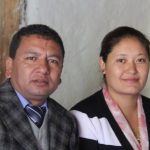By Sushil Darnal
16 March, Dhaka (Bangladesh): Manisha Balmiki of Haryana in India is fighting against caste-based discrimination and untouchability ever since she started understanding society.
Apparent day-to-day caste-based discrimination aside, the ill practice would find its way even to everywhere be it public places and her school, making it difficult for her to battle it and carry on with life.
“Even teachers would address me in low regard, asking ‘are you a child from Bhangi’?” she recalls. Bhangi is regarded as low caste.”I had to face difficulties all the way to school as a child from Dalit community,” she shares.
Balmiki’s case is just in point. Many Dalit women in South Asia are forced to face such racial discrimination just for coming from the Dalit community.
Balmiki shares her predicaments at a recently concluded programme on ‘Social inclusiveness and regional issue of Dalit women’ jointly organised in Bangladesh by the Samata Foundation Nepal, National Campaign on Dalit Human Rights, India and the Nagorik Udhyog Bangladesh, an organisation working for the welfare of Dalit community.
“The sufferings I have undergone may be a normal phenomenon for others as I am from Dalit community. However, many Dalit women have become victims of rape in India while some have been burnt alive in some cases. But they are denied justice,” Balmiki says.
Such incident goes to the extent that some victims of such discrimination take their own lives, unable to endure such ill practice. The news of a Dalit student Rohit Bemula of India taking her own life being unable to endure caste-based discrimination recently made newspaper headline, attracting the attention of many.
Ruth Manorama, president of the National Federation of Dalit Women in India (NFDW), an organisation working for the welfare of Dalit women, says that laws and acts related to caste-based discrimination and untouchability are made in India to provide justice to Dalit women, but a failure to implement them has made the matter worse.
She says that there is rampant caste-based discrimination against Dalit women and untouchability in India as opposed to Nepal. According to the available data, eight percent of the total population of India constitutes Dalit women.
The case is no less appalling in Nepal though. Amar Bishwokarma of Banke was displaced just for he got married outside his caste.
Bishwokarma, who is currently living in Kathmandu with his wife, says that he is still facing threats to his life. More than half a dozen Dalit youth lost their lives in the past four years due to incidents of caste-based discrimination, while dozens of others were displaced.
According to Women’s Rehabilitation Center (WORCE Nepal), seven percent of the total women population who has become victims of rape in Nepal constitutes Dalit women.
Moni Rani Das, a Dalit rights activist of Bangladesh, shares that mostly Dalit women become easy targets of rape in Bangladesh.
Although the exact data on the population of Dalit women in Bangladesh is yet to be established, various non-governmental organisations said that the number puts at around 4.5 million with around 2.5 million being women Dalits.
“Dowry system in Dalit community poses major challenges in Bangladesh, apart from child marriage. Participation of Dalits should be ensured in decision-making level to end such practices,” Das says.
Dalit rights activists from Bangladesh say that caste-based discrimination against Dalit women in South Asia could be eradicated once Dalit community becomes independent financially.
UN Women Bangladesh representative Tapali Shah views that it is the responsibility of all to eradicate caste-based discrimination against women as the issue is related to human rights.
In Bangladesh, the bill of Dalit reservation and untouchability currently is tabled at Bangladeshi parliament for discussion. Bangladeshi lawmaker Nurjahan Begum said that rights of Dalit community in Bangladesh would be ensured in act.
“Caste-based discrimination is prevalent in Bangladesh as in Nepal and India. But Bangladeshi government is not much concerned over the issue comparatively,” says Dalit rights activist Padam Sundas, also chairman of Samata Foundation Nepal.
Dalit community cannot lodge their complaint directly with the state in Bangladesh. However, Dalit and non-Dalit organisations in Bangladesh are helping with the issue of Dalits in coordination of and with the support from various Dalit organisations of different countries lately.
“The degree of caste-based discrimination is the same in Bangladesh, Nepal and India. However, Dalits in Nepal and India are a step forward in terms of education and employment opportunity,” says Dalit rights activist of Nepal, Bhakta Bishwokarma.
However, for better move, regional conference on the issues of Dalits of Nepal, India and Bangladesh is held every year ever since the formation of the Asia Dalit Rights Forum by Dalit rights activists from South Asian nations.
Envisioned in 2001 and formed in 2014 with an aim to eradicate caste-based discrimination and untouchability in South Asia, the forum has been playing a leading role in bringing the issues and problems of Dalits of South Asia to light and helping them get justice.
So far three regional conferences have been held each in Nepal, India and Bangladesh.
Likewise, the Asia Parliament Forum on Dalit concerns, an organisation established by Dalit rights activists from South Asian countries in 2014 to look into the issues of Dalits, has also concluded its regional conferences on Dalit issues in Nepal, India and Bangladesh.
The Asia parliament has also been playing an important role in making states responsible to provide rights to Dalits through an initiative role in the formulation of policy related to the rights of Dalits. RSS (Photo available)
(Translated by Pritam Bhattarai)






